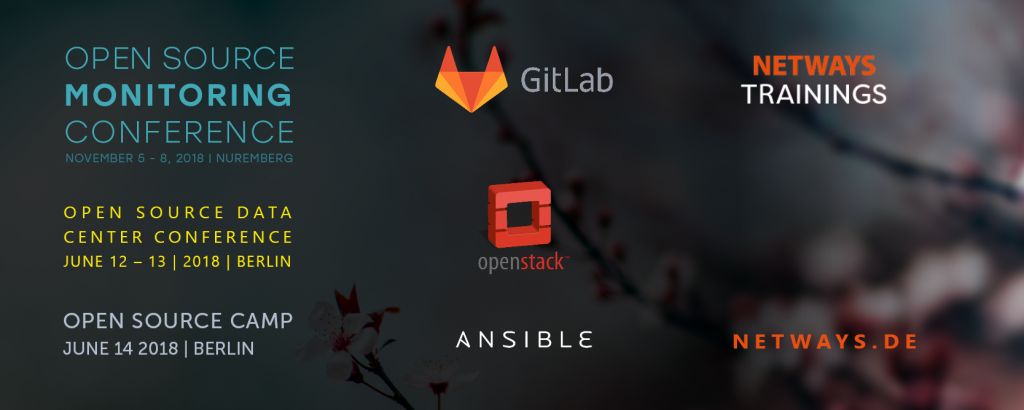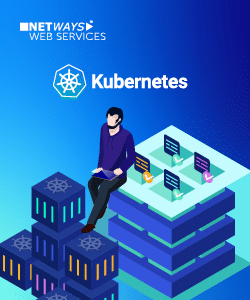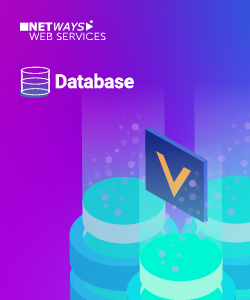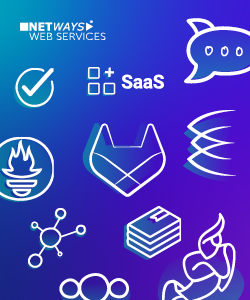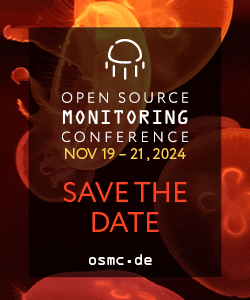Hello Sunshine!!
With the little shower from the dearly sky in May, Fabian talks about the release of Ubuntu 18.04 LTS „Bionic Beaver“. And there is so much more for you to discover: Get all infos about Updating with Ansible from Thomas. Keya invites all monitoring lovers to Be a Speaker at the OS Monitoring Conference 2018 and Tim reveales some useful tips and tricks: Change your AD Password easily via OWA.
Keya announces NETWAYS’s Upcoming Training #Summer 2018 and We are ready, Are you Ready for the OSCamp? – Find out more! Nicole gives a fun insight in her experiences with Icinga 2 in Noob vs. Icinga 2, while Jennifer shares her experience with Training with NETWAYS in Software development and why it is worth doing. David packs a Handful of (Vagrant) Boxes. Everyone at NETWAYS is clapping. What for? Daniel let’s you know more about the Power Challenge #1min.care. Or you can follow Sebastian on the Road to OpenStack.
Michael reports about Releasing our Git and GitLab Training as Open Source, and Gabriel compares Rocket.Chat vs Slack, while Afeef reveales what happened in the fun and informative Apprentice Project week 2018. Last but not least, Keya has one really important reminder for you: Grab your OSDC Ticket! Last tickets alert!

